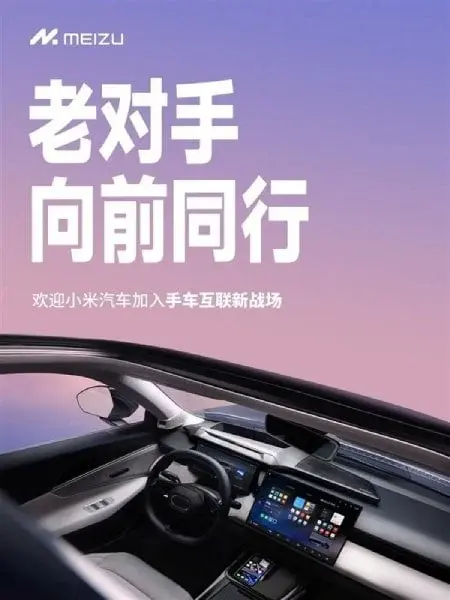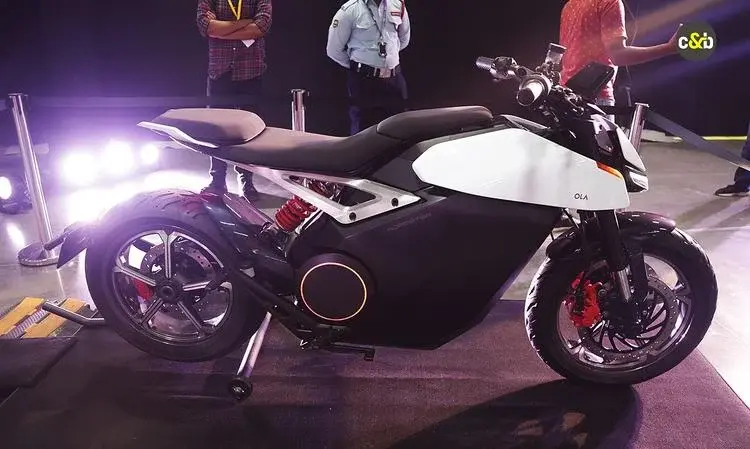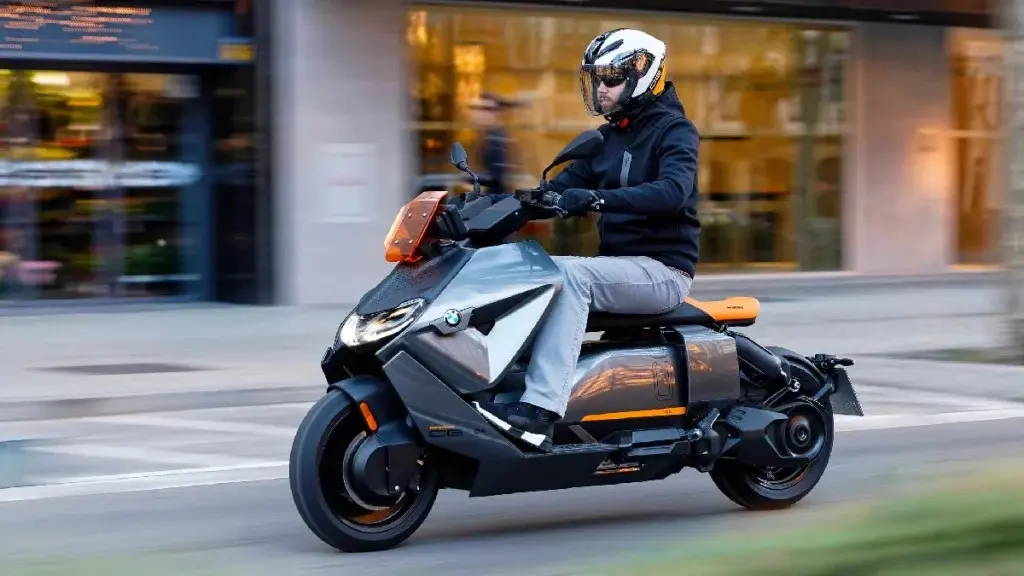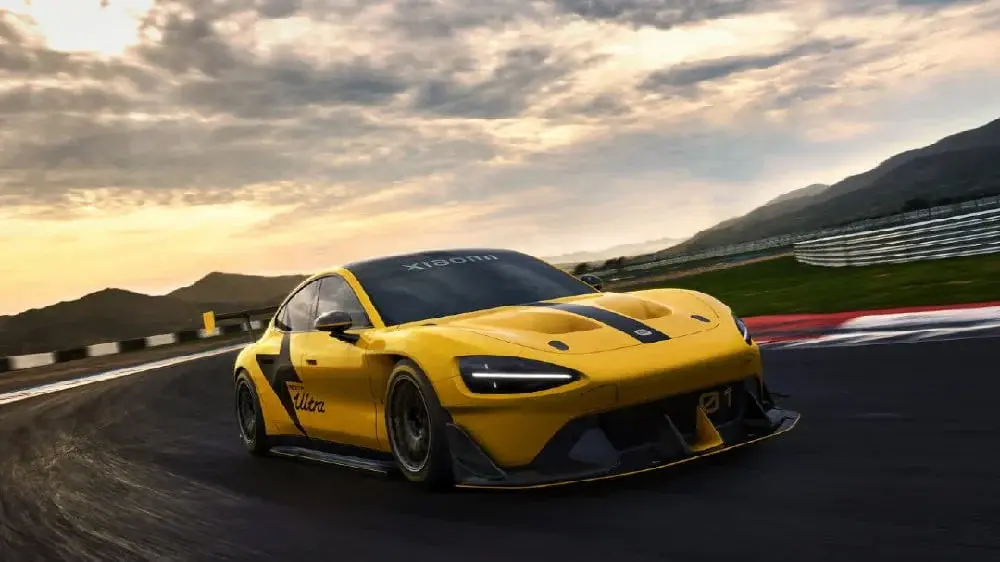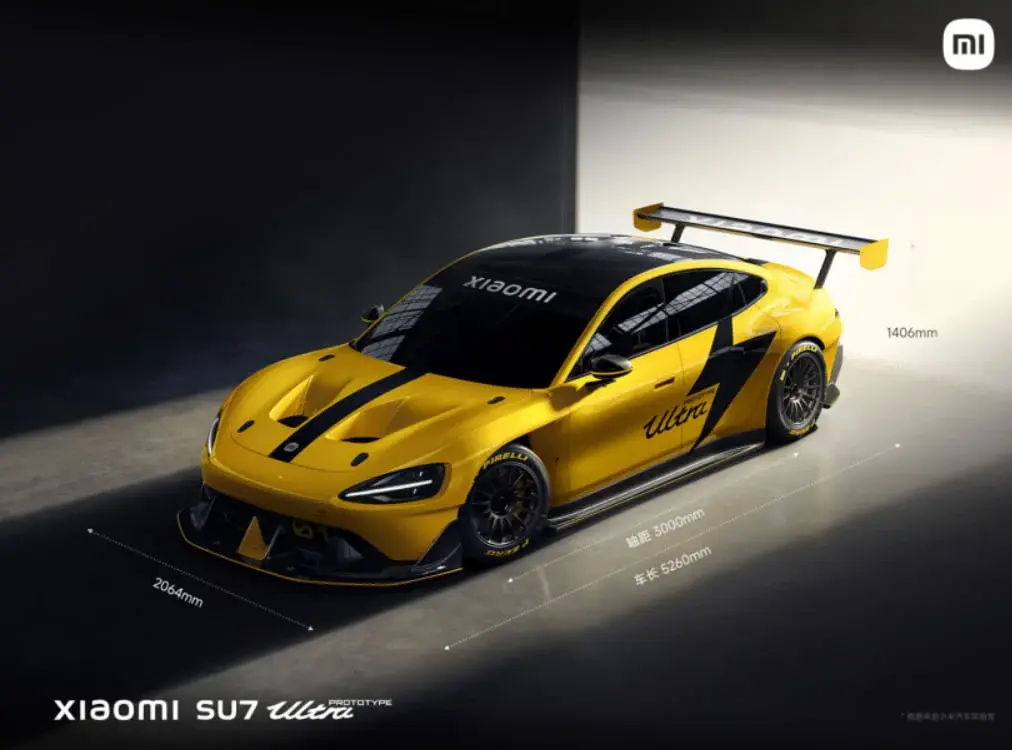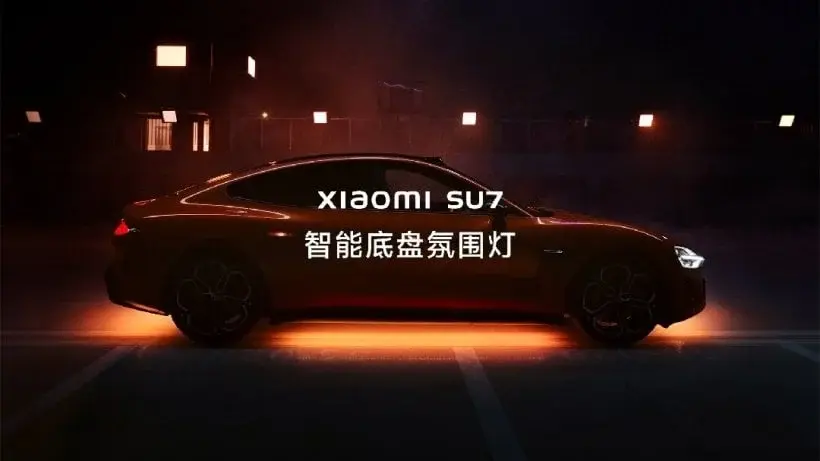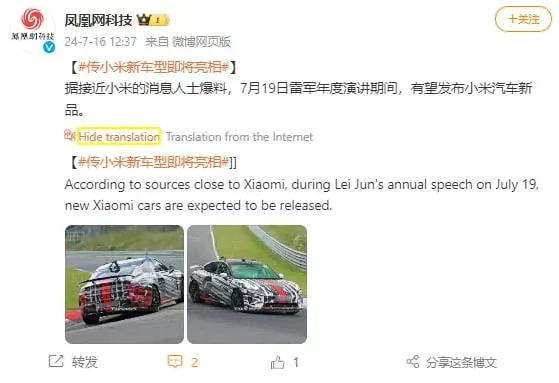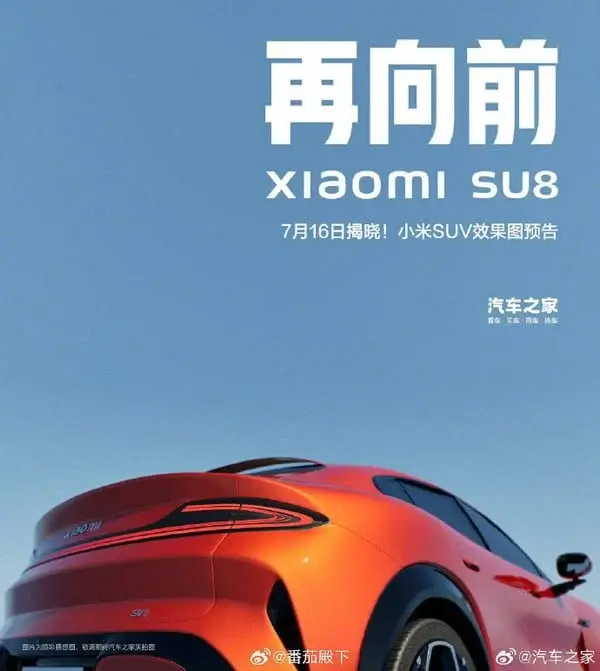China’s tech landscape remains vibrant as more smartphone manufacturers delve into the automotive sector.
Huawei has already integrated its services into cars, like the HIMA model, while Xiaomi has recently started car production. Now, Meizu, backed by Geely, is planning to introduce its first car by the end of this year.
Reflecting on this development, Meizu COO Liao Qinghong made an announcement at the ChinaJoy 2024 exhibition. He highlighted that their car would offer unique functional performance compared to traditional vehicles.
Meizu DreamCar MX
The forthcoming Meizu DreamCar MX will be produced by Geely and will be built on the SEA (Sustainable Experience Architecture) platform. Initial images reveal a sedan design, which bears a resemblance in size to the Lynk & Co Z10.
A notable aspect of Meizu’s strategy is its emphasis on user participation. In January, the company launched the DreamCar MX community, an interactive platform where fans can engage in design discussions and personalization choices. This platform allows users to co-create color schemes, Flyme Auto themes, and potentially influence other car features.
Market Challenges
Despite these innovations, the success of Meizu’s automotive initiative remains uncertain. Both Meizu and Xiaomi trail behind traditional automakers in terms of car manufacturing experience.
The Chinese EV market is fiercely competitive, with major players like BYD and Tesla holding substantial market shares. For Meizu to succeed, it must differentiate the DreamCar MX with its user-centric approach and capitalize on Geely’s production strengths.
Only time will reveal if Meizu can secure a place in the bustling EV market. As the launch date nears, more details about the Meizu DreamCar MX are anticipated.


